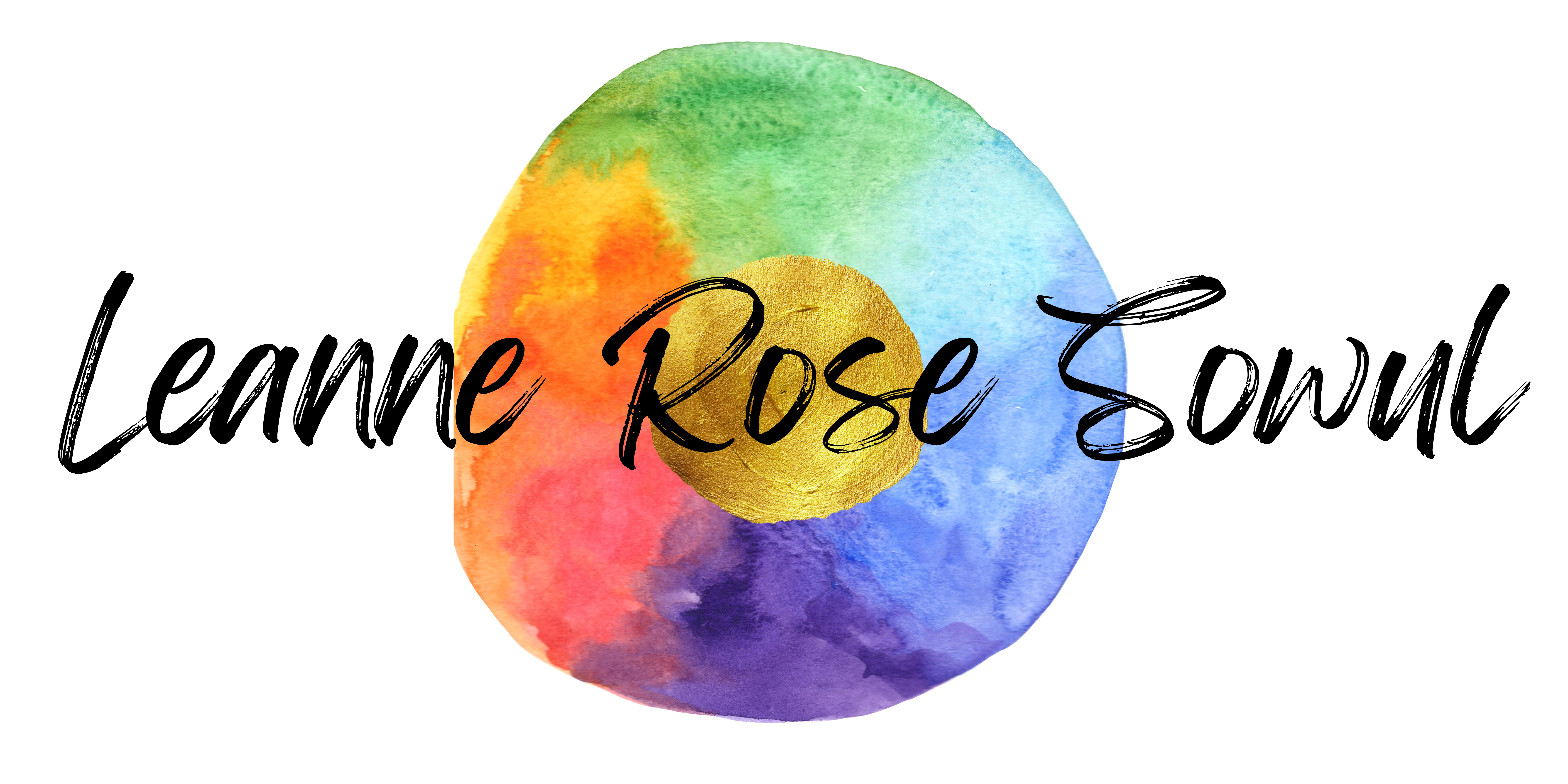One of the biggest reasons to read fiction with a child is to develop his capacity for empathy: a good novel will put you into another person’s mindset. That’s a vital life skill. Empathy helps with everything from navigating relationships to negotiating business deals and peace treaties. If we all taught empathy to our children, our society would be better off in the future. 
But I also think that empathy isn’t only taught: it’s also innate. I seem to have an oversupply of it. My son also seems to have an excess. At five, it’s easy for him to see when another person is hurting and he’ll rush to comfort or apologize. Yes, he reads fiction, and he also has learned by watching me, but I have a strong sense that empathy is an easy feeling for him to access, as it is for me.
Maybe too easy. I’m often frustrated by my ability to see all sides of a situation. It is extremely rare that I can’t find some path to another person’s point of view, no matter how narrow. On political matters, I know what I personally believe in, but deep down my brain still struggles to connect with the people on the other side. When I can make that connection, voicing my own opinion becomes more complex. When I can’t make the connection, my mind struggles to re-boot, as though I’ve reached a wall in a maze and can’t give up until I’ve figured my way through.
Empathy is a great thing for society, but on a personal level, it can be difficult to experience.
Whether it’s easy or hard to put oneself in another’s shoes, once you’re there, it’s always a challenge. How do you hold onto your own beliefs while acknowledging the contrary beliefs of another? How do you feel another person’s feelings without being overwhelmed by your own? People who can easily slip into an empathetic state often find themselves putting up internal barriers. There are certain situations that I can’t put myself into, certain feelings I don’t allow myself to have. I need an internal shield to protect myself from feeling other people’s pain alongside my own.
Sometimes my shield is too strong. Sometimes I react too quickly to put the walls up, because I’m feeling especially sensitive. That can result in the projection of coldness or disconnection with the person I’m trying not to over-empathize with. It’s not what I want, but I get too overwhelmed with feeling their feelings to say or do the right thing. I back off. I feel ashamed that I’m not handling the situation better, that I’m not connecting with my friend or loved one.
It’s the double-edged sword of empathy. When you can easily feel what another feels and see another’s viewpoint, it gives you the tools to build connections. But those tools can become too heavy. That connection can become overwhelming. Empathy leads to connection, which leads to overwhelm, which leads to disconnection, which leads to the desire for empathy.
I’m grateful for the gift of empathy, whether it be learned or innate, and I’ll foster it in my children, because I think it’s one of the most important qualities a person can have, especially in our connected-yet-divided world. But I’m also going to teach them how to manage it, how to protect their own emotions and thoughts against the onslaught of those from others. I’m going to teach them to seek solitude to process big events, use creative actions like writing and music-making to figure out how they feel, and find a loved one who can be a sounding board.
Do you find it easy to slip into empathy with others? What are the benefits and the drawbacks?

